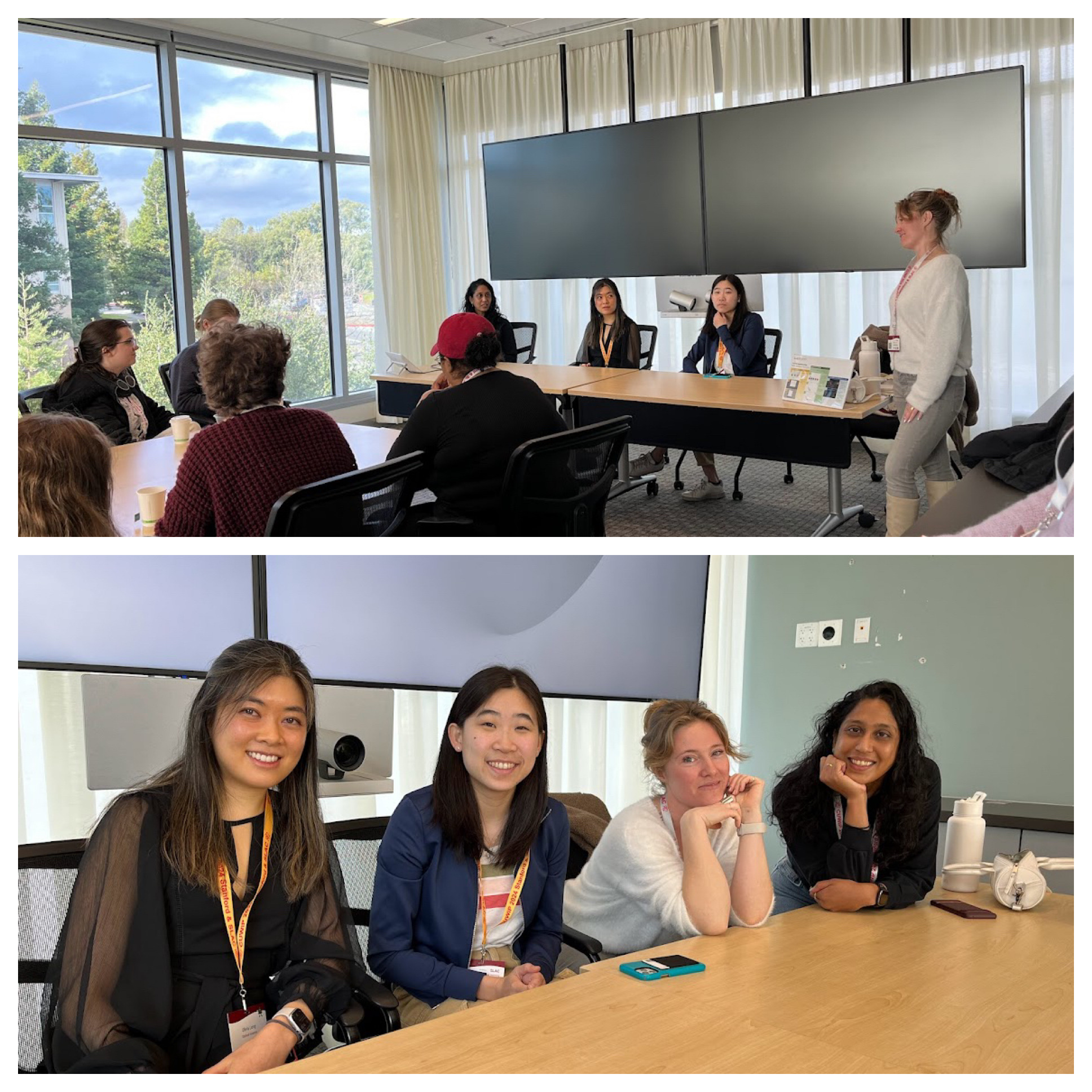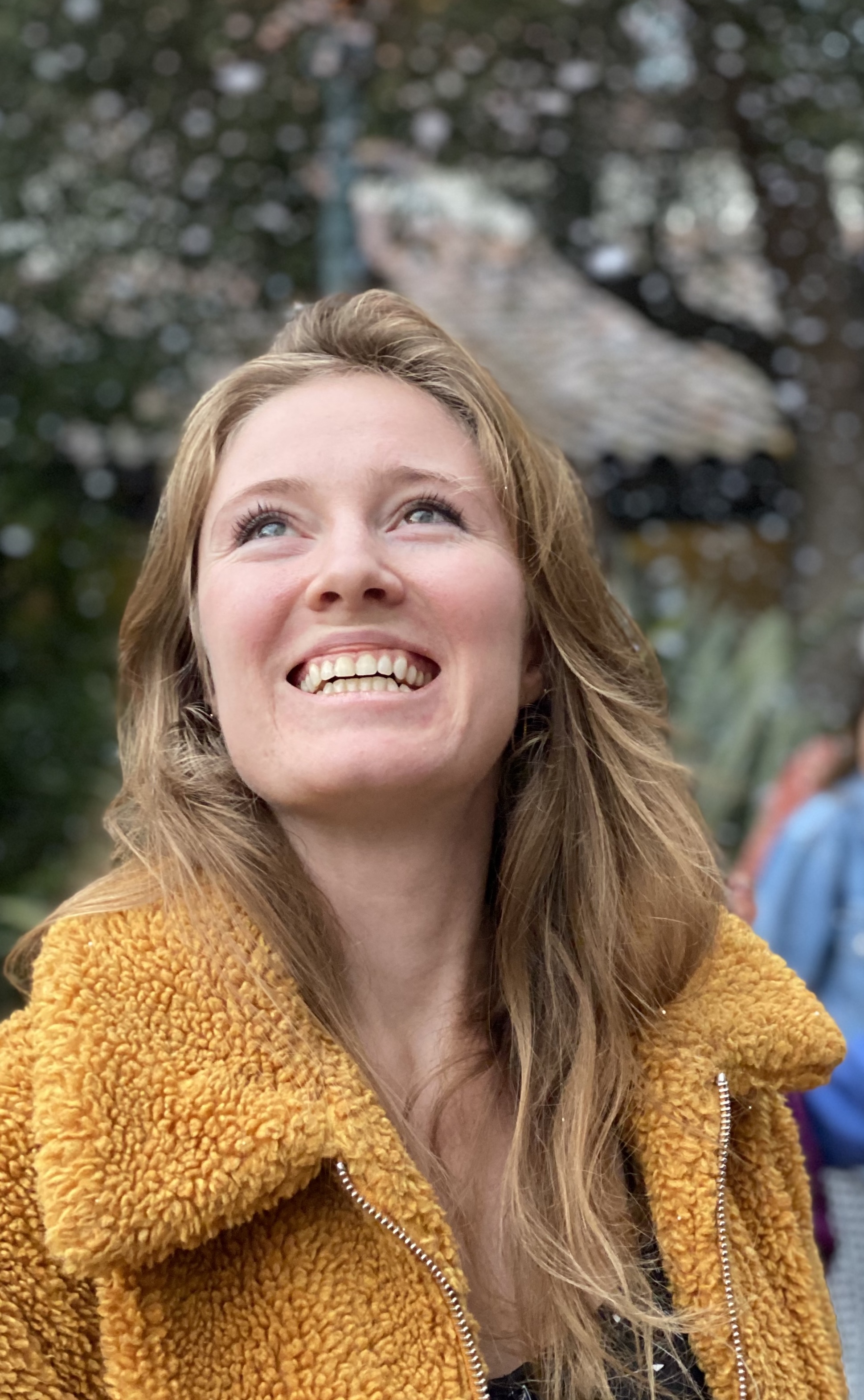Quantum Computing Summer School, C2QA (Co-Design Center for Quantum Advantage) Brookhaven National Laboratory (Summer 2024)
Summer workshop introducing quantum information science to college students and recent graduates. Features hands-on programming labs using IBM Qiskit, demonstrating quantum algorithms' advantages over classical computing in specific domains.
Final project from Physics C191 Introduction to Quantum Computing, UCB (Spring 2024)
Describes the optimization of chip calibration on the QubiC framework for quantum computing, focusing on superconducting transmon qubit chips. The poster details calibration techniques, hardware specifics, and experiments crucial for improving quantum algorithm efficiency and reproducibility.
Presentation from Quantum Foundry internship, UCSB (Summer 2023) in Prof. Weld's Quantum Interactive Dynamics lab
Discusses the development of Graphical User Interfaces (GUIs) for controlling experimental Artiq hardware and lab instruments in the context of optically trapped ultra-cold potassium atoms, covers various aspects of the experimental setup, including Doppler cooling, magneto-optical traps (MOT), Direct Digital Synthesizers (DDS), Digital-Analog Converters (DAC), and Transistor-Transistor Logic (TTL) for precise control of atomic physics experiments.
Pat, F., Juneau, S., Böhm, V., Kim, A. G., Lepart, C., et al. (2022)
Reconstructing and Classifying SDSS DR16 Galaxy Spectra with Machine-Learning and Dimensionality Reduction Algorithms. arXiv:2211.11783 [astro-ph.GA]
Summer Undergraduate Laboratory Internship (SULI), Community College Internship (CCI), Berkeley Physics Undergraduate Research Stipend (BPURS), Cosmology Group, Physics Department, Lawrence Berkeley National Laboratories (2021-2023)
Describes the development of a data processing pipeline called DESIDIFF, which aims to detect transient astronomical events by analyzing differences in spectra of the same objects observed at different times by the Dark Energy Spectroscopic Instrument (DESI), involves retrieving spectral data, performing normalization and differencing, applying filters to flag potential transient candidates, and sending the results to DESI's API SkyPortal for further investigation and follow-up observations.

Conference for Undergraduate Women in Physics (CUWiP) Stanford/SLAC (2024)
Panel Moderator for Work/Life Balance Session
